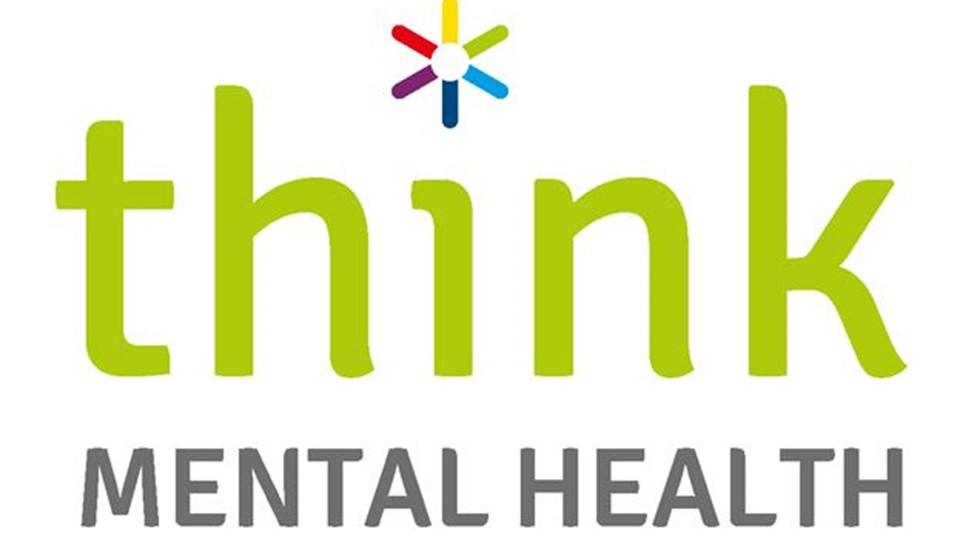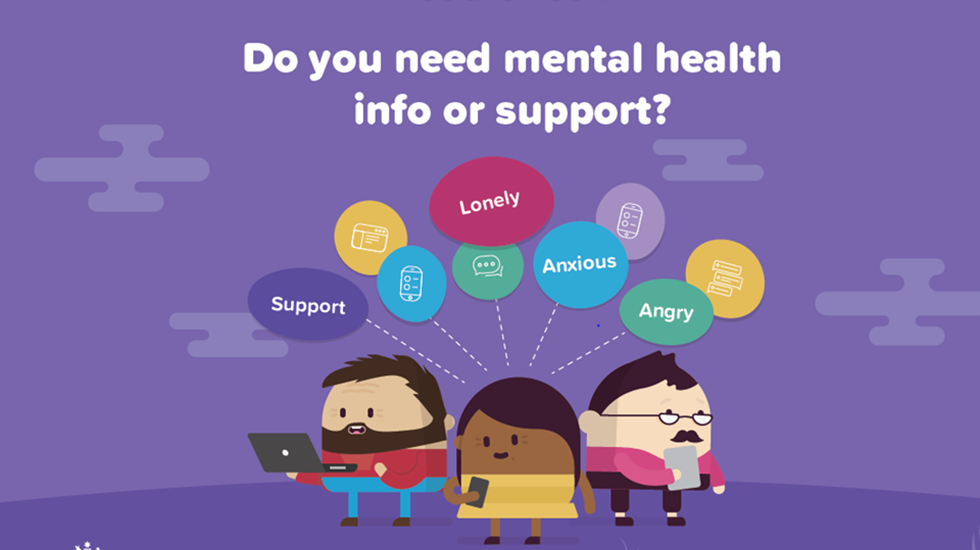Mental health and you
Just like physical health, we also have mental health. According to the World Health Organization, mental health is “a state of well-being in which every individual realises his or her own potential, can cope with the normal stresses of life, can work productively and fruitfully, and is able to make a contribution to her or his community.”
Keeping our mind healthy is something we should do on a daily basis. It is an important part of your overall health to be able to function well, have meaningful social connections, positive self-esteem and the ability to cope with change.
There are a number of ways you can stay mentally healthy, including:
- keeping active and busy - with sport, art, music, handwork, volunteering etc
- eating well
- sleeping well
- connecting with your community, family and friends
- talking about your feelings
We all have ups and downs, times when we feel great and times when we feel we are struggling. This is normal. However, sometimes issues with our mental health can develop.
Learn more about the different types of mental health issues, or suicide prevention below.
Learn more:
Initiatives
The Think Mental Health education campaign is part of a comprehensive approach in Western Australia that aims to build mental health and wellbeing and reduce mental health issues with view to reducing Western Australia’s suicide rate. It provides information about mental health and wellbeing and how to support your own mental health or that of someone you know.
Medicare Mental Health can help you find digital mental health services from some of Australia’s most trusted mental health organisations. Provided by the Australian Department of Health and Aged Care, Medicare Mental Health brings together apps, online programs, online forums, and phone services, as well as a range of digital information resources.




